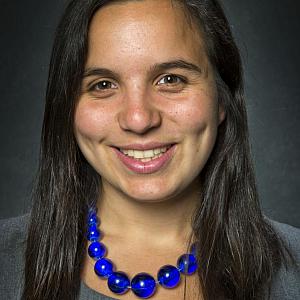
Samantha Caiola
gun violence reporter

gun violence reporter
Sammy Caiola is the first-ever gun violence prevention reporter for WHYY in Philadelphia. She is committed to doing trauma-informed journalism driven by the communities she covers. She has been a health reporter for the last eight years, first at The Sacramento Bee and then at Capital Public Radio. Her podcast, “After the Assault,” which was produced with the support of the Center for Health Journalism’s 2021 and 2020 California Impact Funds, explored the journey to justice and healing for survivors of sexual violence. As a 2018 California Fellowvand community engagement grantee, she reported a series on suicide in Amador County, and as a 2015 Data Fellow, she reported a three-part series on black child death in Sacramento County. She has degrees in journalism and gender studies from Northwestern University. In her spare time, she enjoys hiking, dancing, and playing with her Labrador, Pepper.

Why the traditional journalistic process does not always work well for those repeatedly betrayed by people they thought had their best interests in mind.
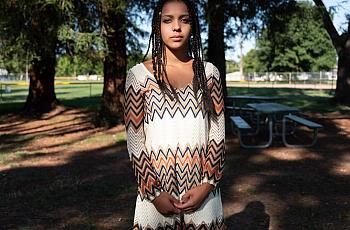
Two days before her 22nd birthday last fall, Dominique Green was at the Rocklin Police Department reporting a rape, still shaken from a violent incident with a former coworker the night before.
As conversations about defunding the police have sprung up across the U.S., some sexual assault survivors and advocates have joined the fray to call for changes to the system.

CapRadio healthcare reporter Sammy Caiola discusses her reporting on the intersection of race, police violence and sexual assault.
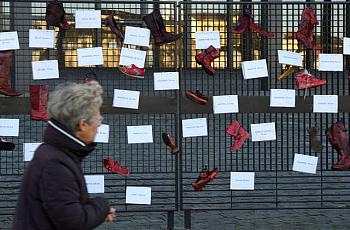
Often when journalists cover sexual assault, they focus on the details of what happened. Rarely do we pause to look at the long-term mental and emotional impacts on the person who came forward about the assault.
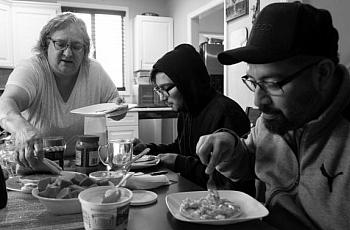
In quick-hit coverage of health policy, it’s easy to skip the tough task of tracking down real families struggling to afford insurance and find health care. But their stories are essential.
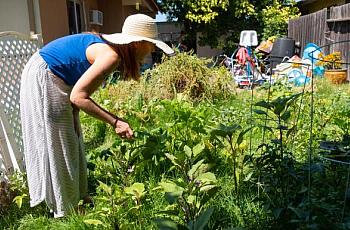
A bill moving through the California Legislature could better sync Medi-Cal enrollment with other public benefits, to connect more families to care.
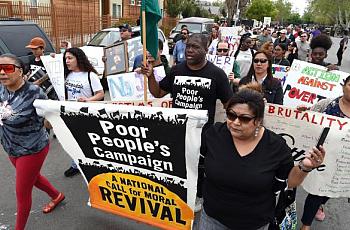
The federal government plans to change how poverty is measured, which could bump low-income California families from health care and social welfare programs.
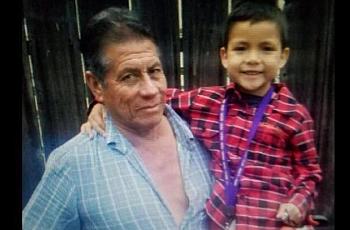
Three proposals addressing Medi-Cal expansion to undocumented immigrants are up for debate this week. The latest includes seniors, which are a small but high-need slice of the state’s undocumented population.
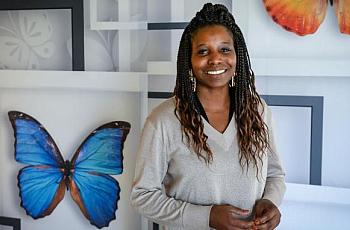
Many California entrepreneurs struggle to pay for insurance. But they could get a boost under Gov. Gavin Newsom’s latest proposals.